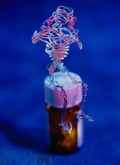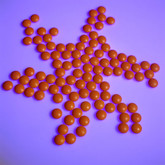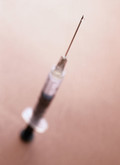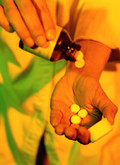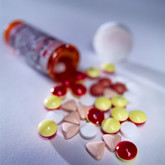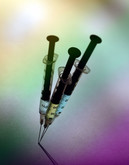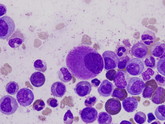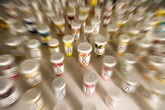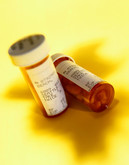Generics/Research
|
Posted 05/08/2016
With the begining of the era of tyrosine kinase inhibitors (TKIs), chronic myeloid leukaemia (CML) became a chronic disease, in which good responding patients usually have a life expectancy similar to the age- and sex-matched normal population [1]. In many countries, the first-line treatment of chronic phase CML is imatinib mesylate (IM). Whereas, especially in some developed countries, second generation TKIs (dasatinib, nilotinib) which have deeper and faster responses, but are also more expensive than IM, are utilized in the upfront setting. The introduction of TKIs increased the prevalence of CML, and optimal responders to IM should continue therapy indefinitely, so the originator TKI treatment (Gleevec) surely put a strain on healthcare providers even in developed countries.










